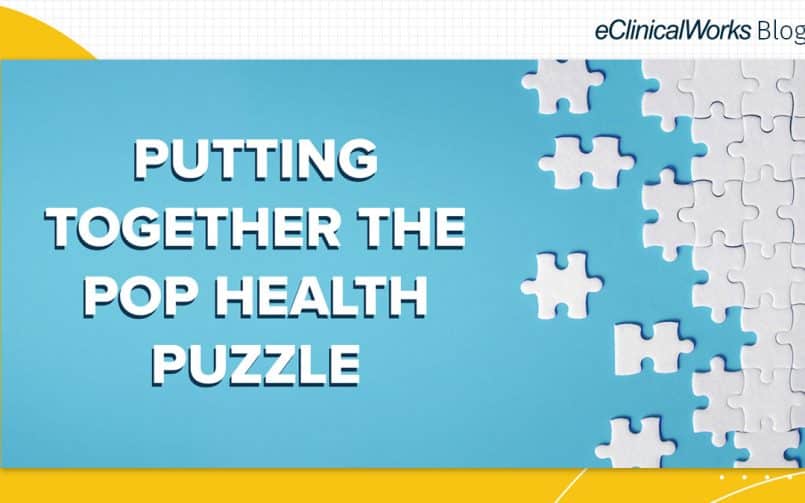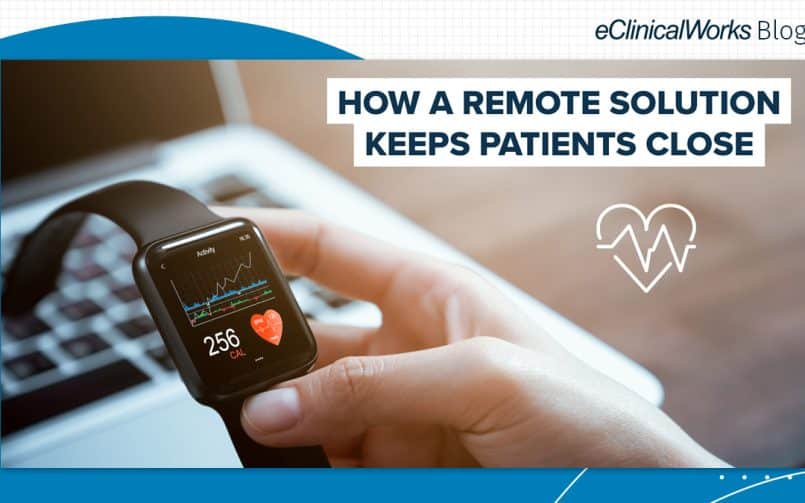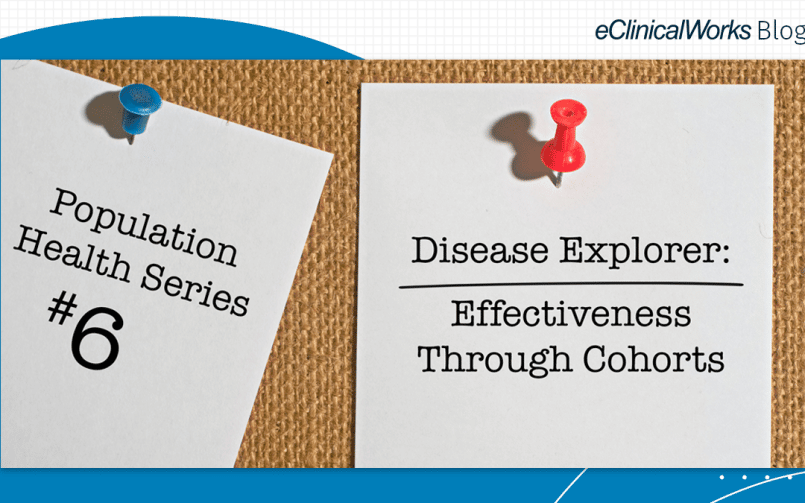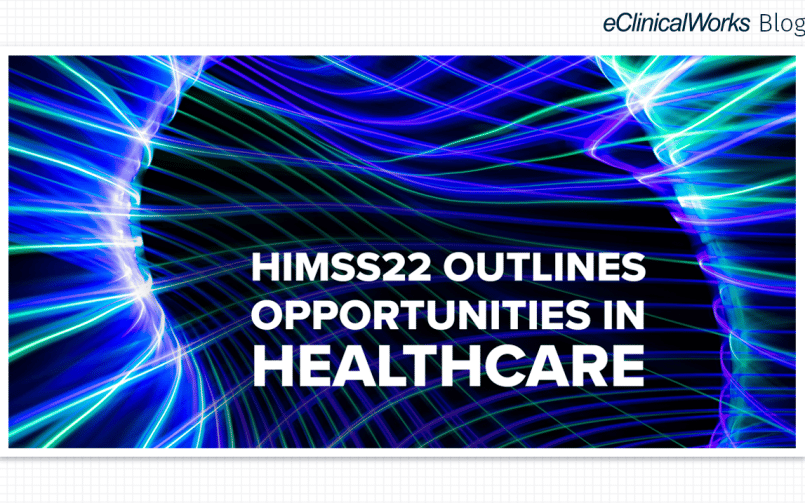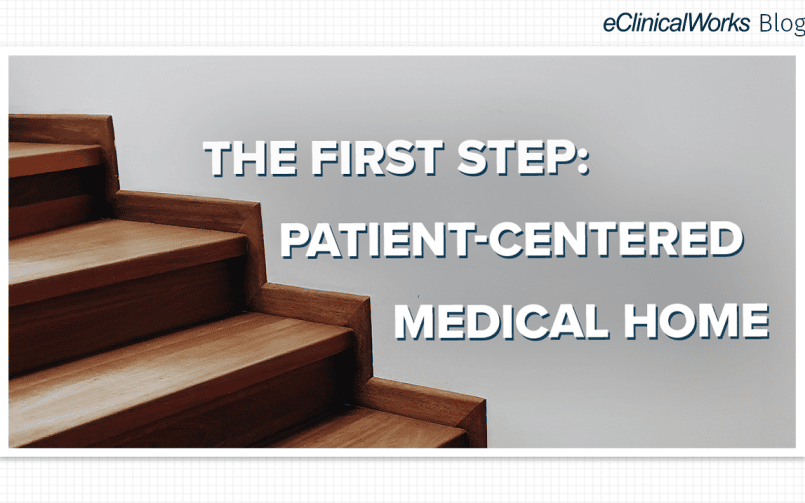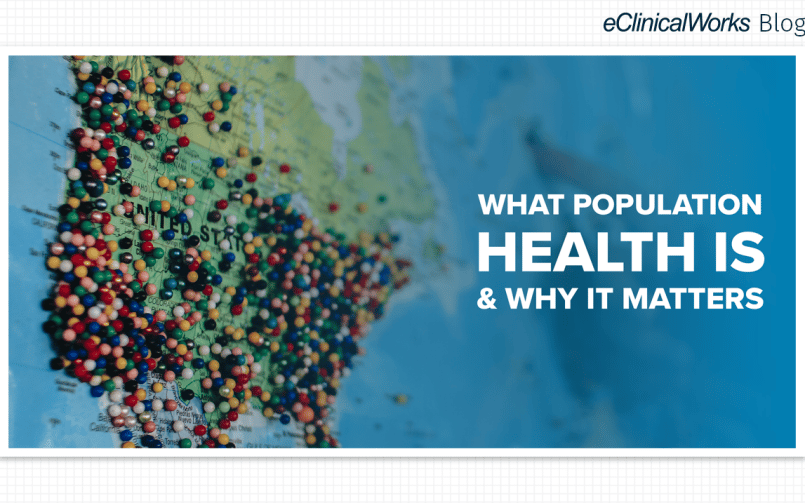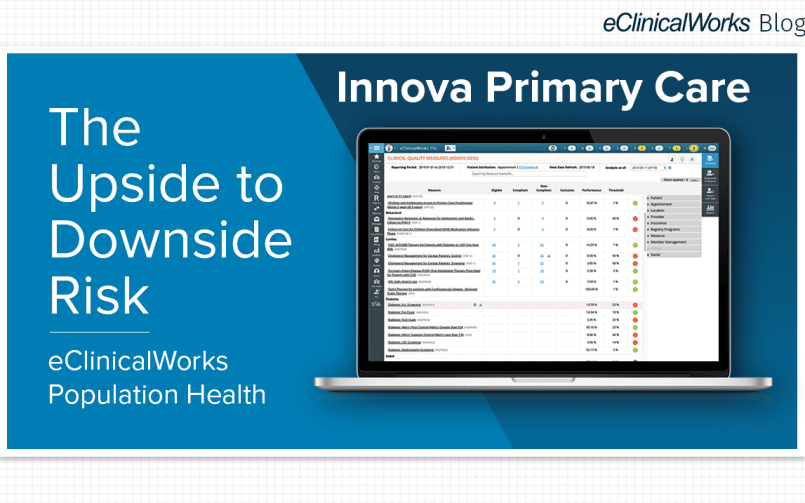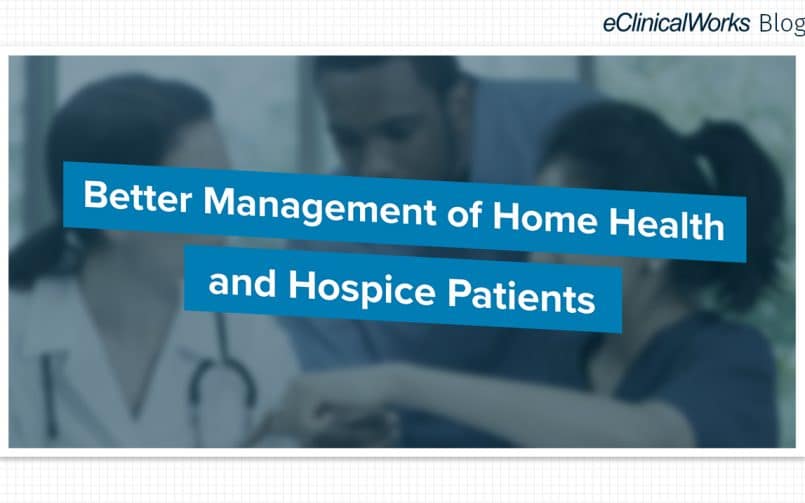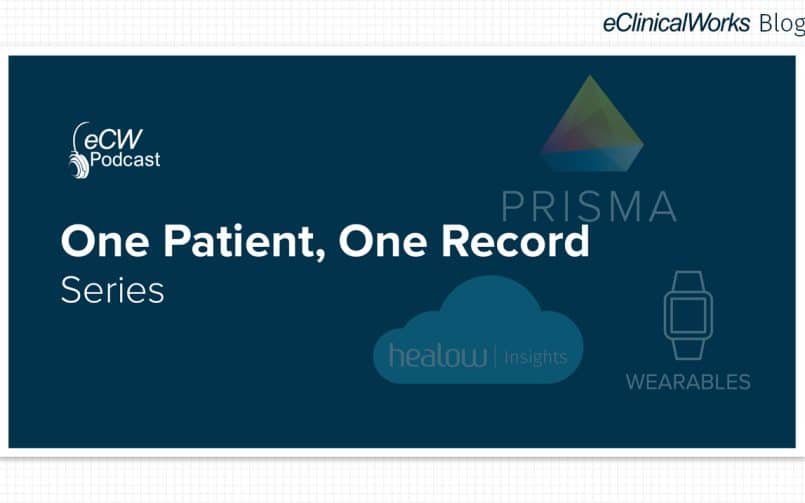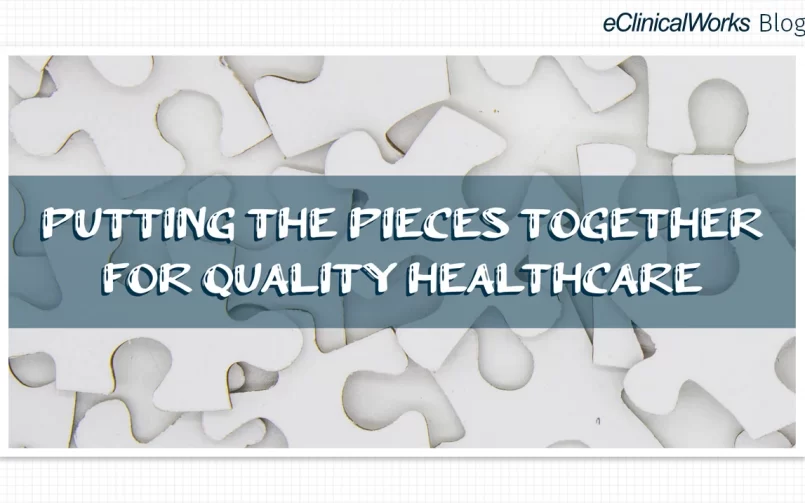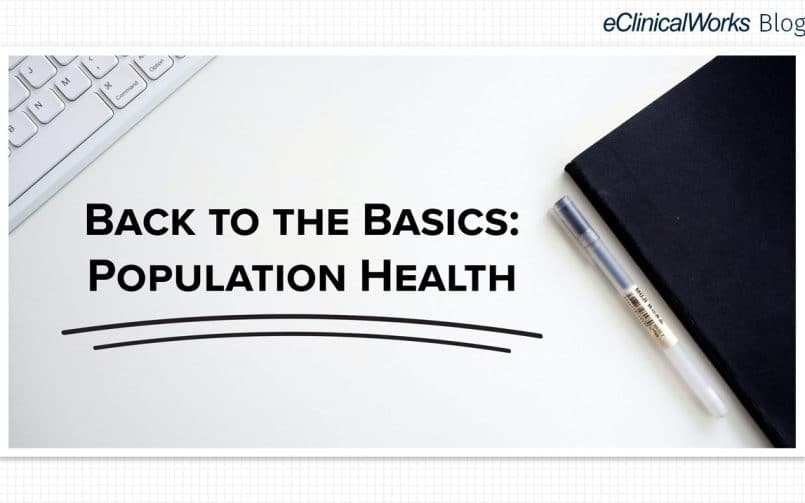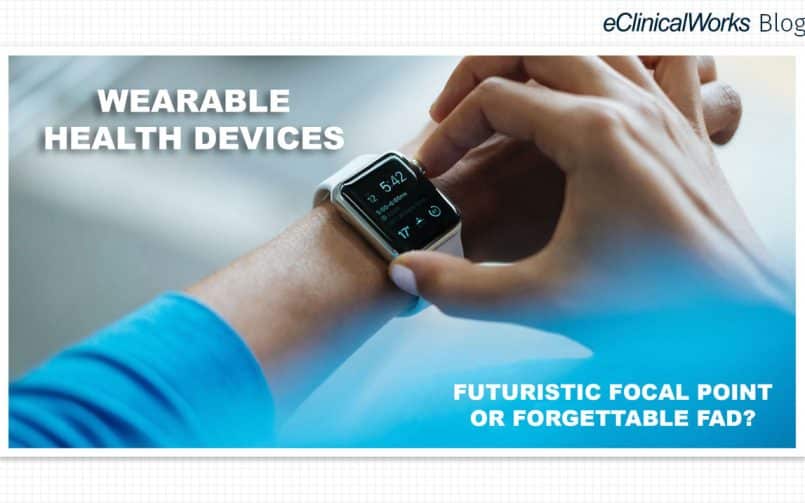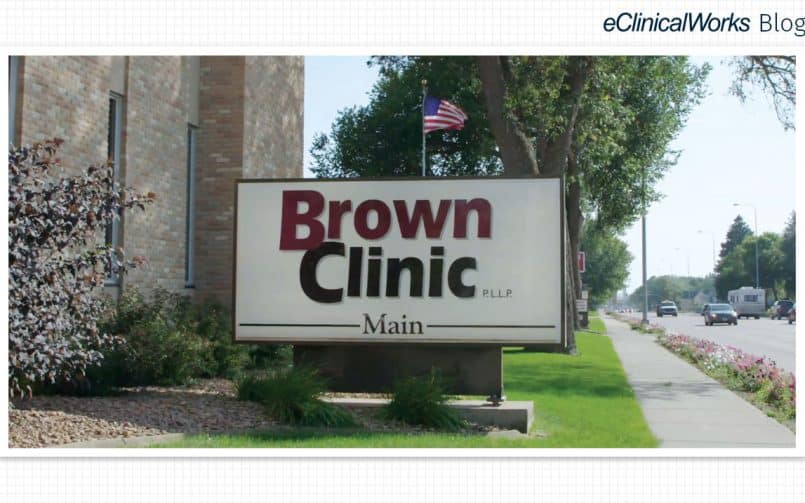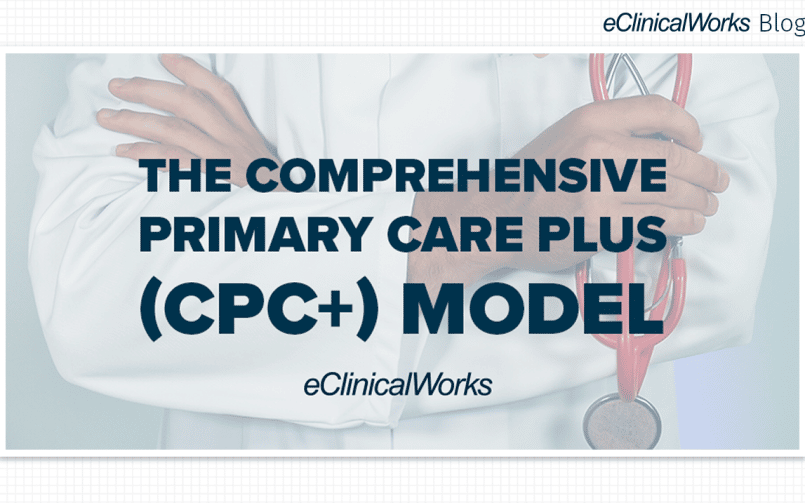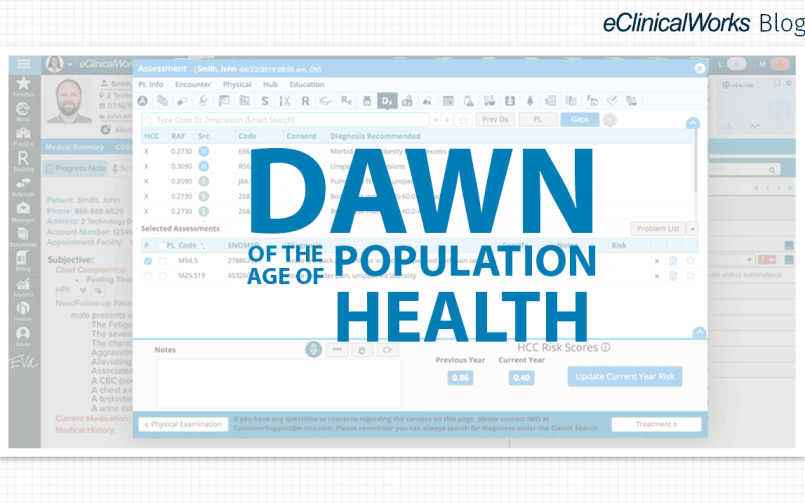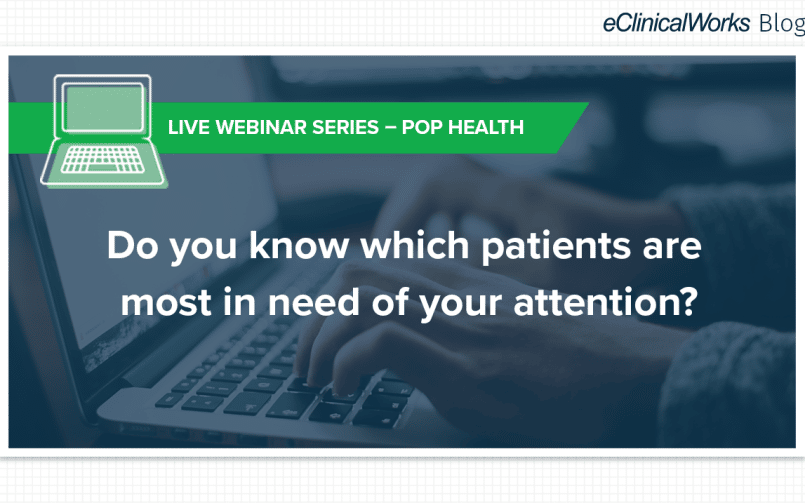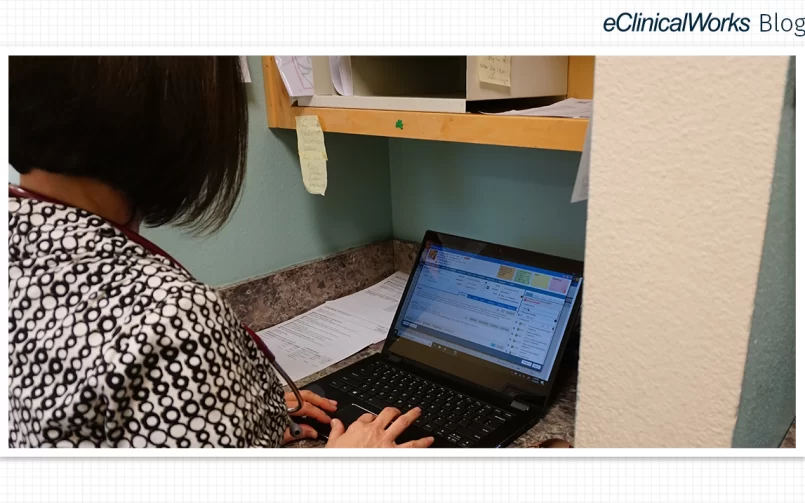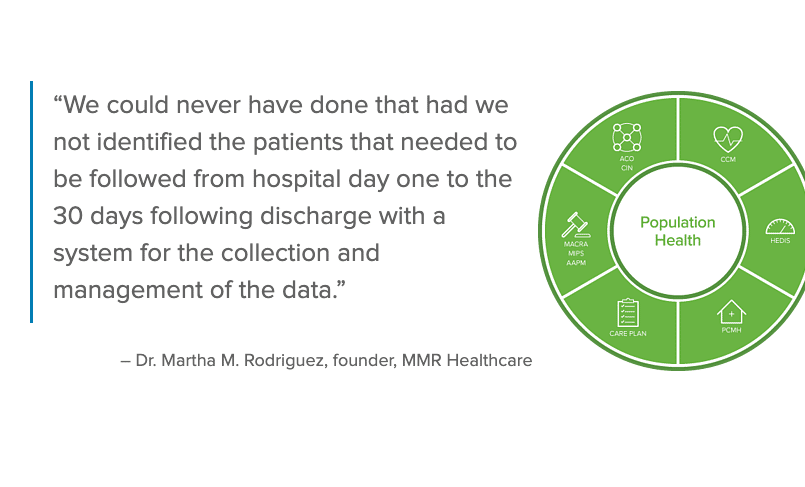eClinicalWorks Blog Details
- 19 March 2015
- Blog
Bigger Data, Better Healthcare
eClinicalWorks
In an age where connectivity is constantly accessible, the term “Big Data” has quickly become a buzzword favored by any business seeking information about its customers, products and even its performance. But this seemingly ambiguous term has a place in the healthcare industry as well. “Big Data” is more than a buzzword for doctors, researchers and patients – it means easier access to health information, predictive medicine, quicker diagnoses and better treatment.
According to an article from Harvard Business Review, a total of 2.5 quintillion terabytes of data were generated every day in 2012. It’s estimated that as much data is now generated in just two days as was created from the dawn of civilization until 2003. Consider the amount of data that exists on a person’s mobile device, fitness tracker or wearable device and factor in their electronic health record. Integrating a patient’s medical history with their day-to-day recordings – which they’ve actively chosen to invest in and monitor – has incredible potential for improving how doctors understand their patients.
There are a number of existing apps that allow users to watch their calorie intake, track their runs or invest in a virtual personal trainer. In addition to these options, many vendors are incorporating mobile apps into their offering. Some apps provides patients with immediate access to their health records, make it easy to book appointments online and allow them to share health updates with the doctor. Similarly, wearable devices and fitness trackers, such as Fitbit or Jawbone, track activity as well as sleep patterns, heart rate and diet. Integrating EHRs with this type of technology and going one step further to make it accessible to doctors has the potential to streamline a patients’ medical experience and more accurately predict health problems. Compiling all of this data in one place provides doctors with a goldmine of information on their patients. It also allows for a more personalized medical experience, as poor sleep patterns and weight gain could mean something different for a diabetic versus someone who might have a thyroid issue.
In addition to personal health, Big Data can also contribute to a broader range of predictive healthcare solutions. Population health takes public health information from a targeted region and draws conclusions based on race, age, gender, geography and so forth. From this data, it’s possible to see how certain factors contribute to mortality and health quality of life. Accurately analyzing Big Data in population health can eventually lead to improved policies and programs for an entire community of people.
Although Big Data has a huge role in the future of health, it isn’t all that far off. People can reap the benefits of Big Data for their own healthcare right now. Making the conscious decision to track daily activity and opting into apps positions patients for a personalized medical experience that factors in all of their health information for the best, most effective treatment.
